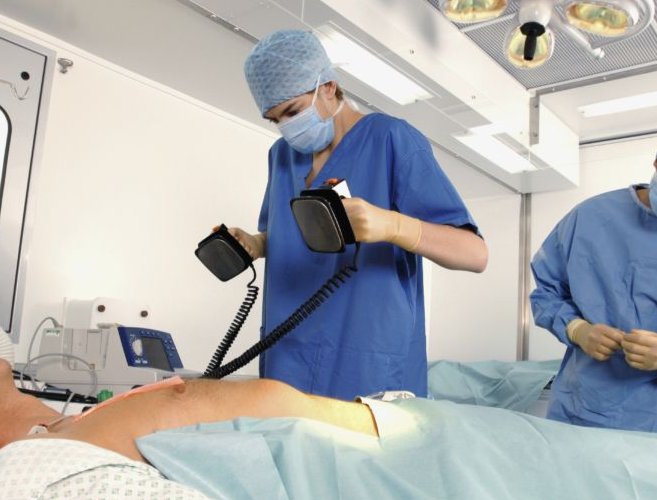Our hearts beat with unexpected electrical help from immune cells

Enlarge (credit: Getty | UniversalImagesGroup)
Having a regular or irregular heartbeat may come down to moonlighting immune cells that surprisingly help power blood-pumping pulses, a new study in Cell suggests.
In a series of experiments, Harvard researchers caught immune cells hanging around and helping heart cells conduct electricity for their rhythmic beats. The immune cells, called macrophages, are best known for surveilling the body and devouring invading germs and debris. But in the heart, they snuggled up to heart cells and formed pores through which electrical current could pulse through the organ, allowing for synchronous heart muscle contractions that pump blood. The macrophages also helped neighboring heart cells recharge between pulses.
In genetically engineered mice, a lack of macrophages in the heart led to irregular heartbeats that, in humans, would warrant implanting a pacemaker, the researchers found. In all, the finding suggests that macrophages are unexpectedly key to normal heart functioning-and could be behind some mysterious heart problems.
Read 7 remaining paragraphs | Comments